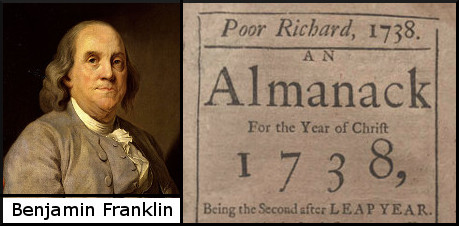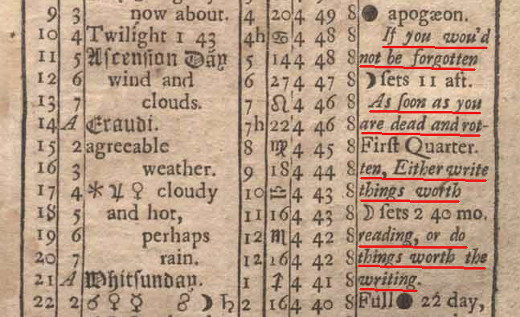Vladimir Nabokov? Apocryphal?
Question for Quote Investigator: The Russian-American novelist Vladimir Nabokov was a consummate prose stylist. When he was a professor teaching his students about literature he apparently shared the following candid opinion:
Literature is of no practical value whatsoever.
Is this quotation accurate?
Reply from Quote Investigator: In 1980 the posthumous book “Lectures on Literature” by Vladimir Nabokov was released; the volume contained a collection of college lectures assembled from the pages of Nabokov’s handwritten and typed notes. The discourse on Gustave Flaubert’s novel “Madame Bovary” included the following commentary about fiction. Boldface has been added to excerpts:1
A child to whom you read a story may ask you, is the story true? And if not, the child demands a true one. Let us not persevere in this juvenile attitude towards the books we read. Of course, if somebody tells you that Mr. Smith has seen a blue saucer with a green operator whiz by, you do ask, is it true? because in one way or another the fact of its being true would affect your whole life, would be of infinite practical consequence to you. But do not ask whether a poem or a novel is true. Let us not kid ourselves; let us remember that literature is of no practical value whatsoever, except in the very special case of somebody’s wishing to become, of all things, a professor of literature.
Here are additional selected citations in chronological order.
Continue reading “Quote Origin: Literature Is of No Practical Value Whatsoever”


